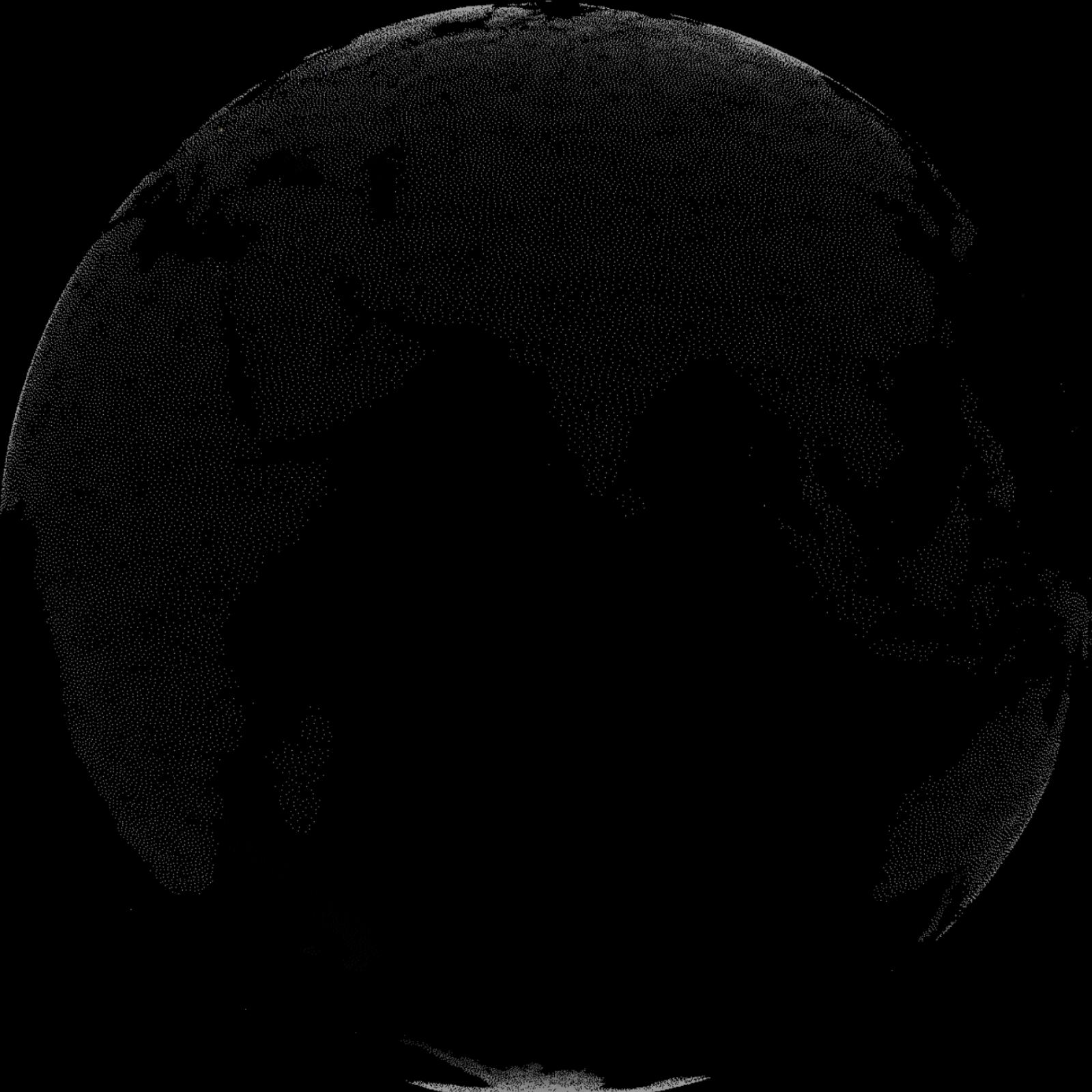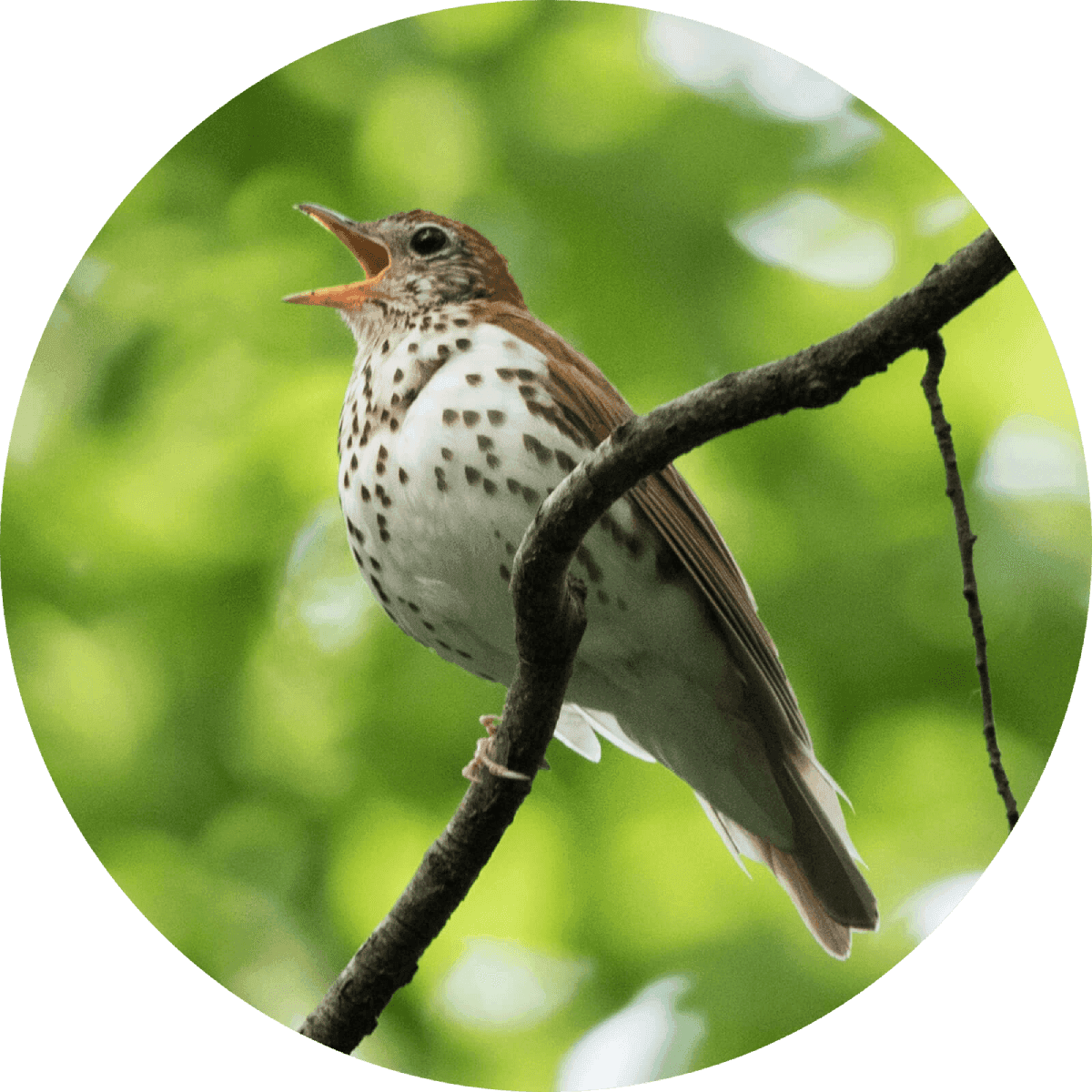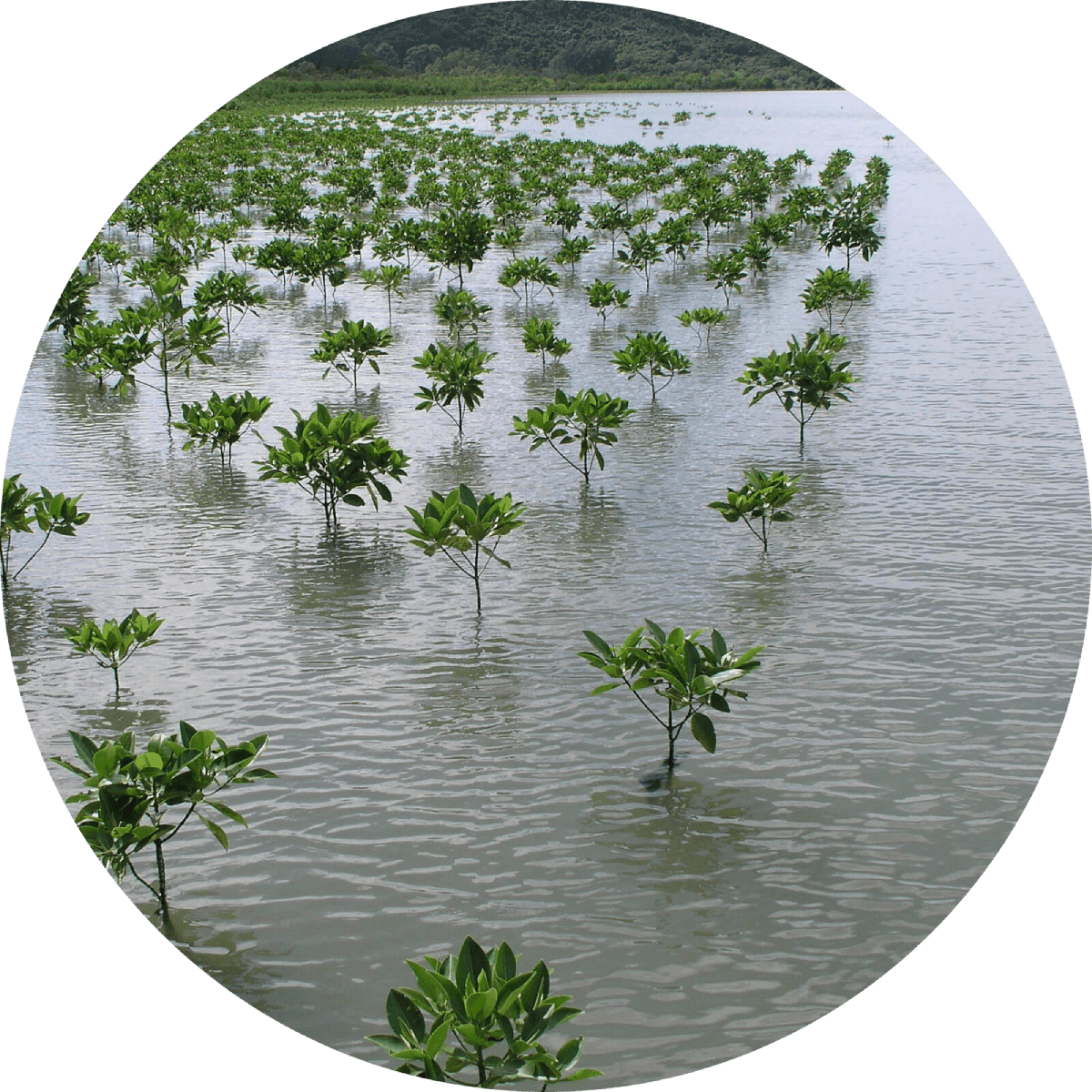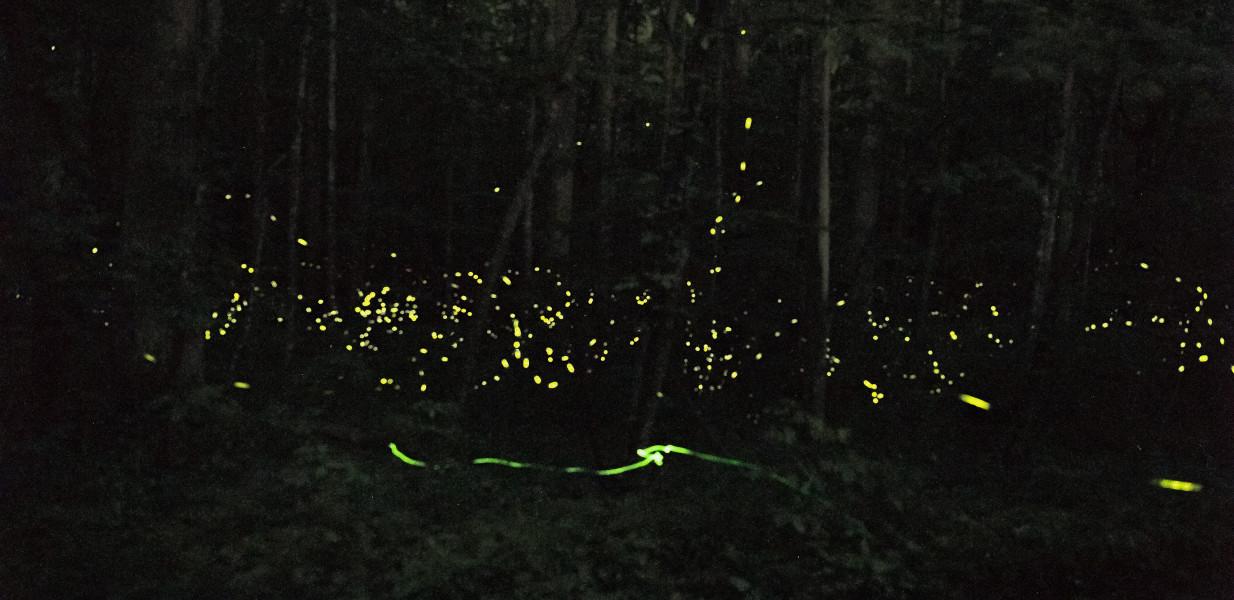Are Things As They Were?
Personal memory by Joseph
2017 • Ouray, CO, USA
Returning to Ouray last summer was a special experience. My family used to make annual pilgrimages to the small Colorado mountain town, which is nestled within a dramatic box canyon. We would spend a week each summer camping, hiking, four-wheeling, and exploring ghost towns. The area is spectacular, certainly deserving its moniker "the Switzerland of America." Yet, our trips ceased as my twin and I entered middle and then high school, inevitably accruing other commitments as our parents became busier at work. Only last year, after an almost ten-year hiatus, did we return to a place I had only known through the halcyon glaze of my youth. At first, the place still completely astounded. My more mature sensibilities did nothing to diminish the sheer spectacle, with the jagged profile of the San Juan mountains and the imposing Mt. Sneffels dominating the horizon. We stayed in the eminently popular (truly-it requires reservations nearly a year in advance) Amphitheater Campground, which commands an exquisite vantage of the valley. It's the same place we camped when my brother and I were six, seven, and eight. Reassuringly, everything seemed to be as I recalled it. I knew that Ouray had experienced a precipitous spike in visitation recently; I had been worried about what I would find. Nonetheless, I was pleasantly surprised. Compared to my favorite hiking trails and wilderness areas near Denver, Ouray looked positively pristine, retaining its natural plasticity in the face of encroaching humanity. (I hope I am not assuming a moralizing tone in saying this, because I am of course a full-fledged member of that very group!) Yet, there were subtle changes. Not going out of our way, my family managed to pick up dozens of pieces of litter. The roads were clogged with traffic; there was fresh roadkill on the shoulders. Dams and flood channels from the 20th century had failed, severely eroding some of the box canyon's steep walls. The wildflower yield for the year was far lower than normal, a phenomenon likely attributable to climate change. The columbines and Indian paintbrush that blanket the alpine basins were threadbare this year, not the luxuriant Persian rug they should have been. Ouray is also a popular ice-climbing destination; canyon walls around town had become scarred from the strikes of innumerable ice-axes. In local shops, we overheard conversations about increasingly unsustainable demands on water, draining local streams and hampering flows to scenic waterfalls. Ouray and its environs are robust but not impervious to the press of humanity. What's more, the region is only becoming better-known and more accessible. E.B. White mused, "I arise in the morning torn between a desire to save the world and a desire to savor the world. That makes it hard to plan the day." To me, spending time in nature is a way to maintain my own environmental conscience; I fully intend to return to Ouray. And to be fair, my presence alone is almost negligible. Or do I lull myself into delusion? I do levy a certain toll on nature; I'm burning gas on the six-hour drive to get to Ouray, accidentally trampling on delicate flora when hiking, and inadvertently startling wildlife with my neon pullover. Amplify that by thousands of other visitors, some more vigilant than me and others more profligate, and recreation in the area starts becoming problematic. I ardently hope the area remains pristine, but I want to return myself. Selfish? Most likely. Paradoxical? Definitely. But I also believe that connecting meaningfully with nature is both a fundamental component of the human condition and, in a way, a prerequisite for our ecological stewardship if we are to succeed in conserving the places we love.


Learn about Maya Lin’s fifth and final memorial: a multi-platform science based artwork that presents an ecological history of our world - past, present, and future.

Discover ecological histories and stories of former abundance, loss, and recovery on the map of memory.

Learn how we can reduce our emissions and protect and restore species and habitats – around the world.

See how art can help us rethink the problems we face, and give us hope that each one of us can make a difference.

Help make a global memorial something personal and close to home. Share your stories of the natural world.

